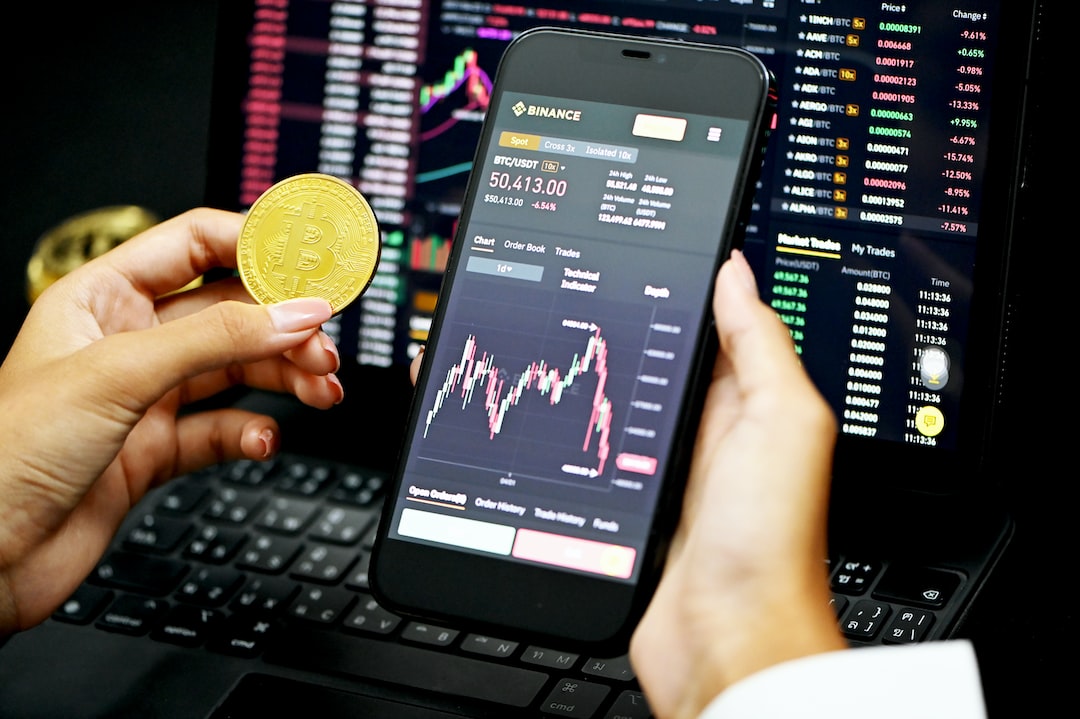The Role of Central Bank in Managing Forex Rate in Pakistan
The foreign exchange market, also known as the forex market, plays a crucial role in the global economy by facilitating international trade and investment. In Pakistan, the State Bank of Pakistan (SBP) acts as the central bank and is responsible for managing the forex rate to ensure stability in the country’s economy. This article will discuss the role of the central bank in managing forex rates in Pakistan and the tools it uses to achieve this objective.
The forex rate refers to the price at which one currency can be exchanged for another. In Pakistan, the value of the Pakistani rupee (PKR) against major foreign currencies, such as the US dollar (USD), is determined by the forces of supply and demand in the forex market. However, the central bank intervenes in the market to influence the exchange rate and maintain stability.
One of the primary roles of the central bank in managing forex rates is to maintain price stability and control inflation. When the value of the local currency depreciates rapidly, it can lead to higher import costs, which in turn can contribute to inflation. To prevent excessive depreciation, the central bank may intervene by buying local currency and selling foreign currency reserves. By doing so, the central bank increases the demand for the local currency, which helps to stabilize its value.
Conversely, if the value of the local currency appreciates rapidly, it can hurt the competitiveness of exports and negatively impact the balance of trade. In such cases, the central bank may intervene by selling local currency and buying foreign currency reserves. This reduces the supply of the local currency, thereby preventing excessive appreciation and supporting exports.
Another tool that the central bank uses to manage forex rates is interest rates. By adjusting the benchmark interest rate, the central bank can influence the demand for and supply of the local currency. For example, if the central bank wants to attract foreign investors, it may raise interest rates, making investments in the local currency more attractive. This increases the demand for the local currency and helps to strengthen its value.
Conversely, if the central bank wants to stimulate economic growth or discourage capital inflows, it may lower interest rates. This reduces the attractiveness of holding the local currency, leading to a decrease in its value. By adjusting interest rates, the central bank can indirectly influence forex rates and support its broader economic objectives.
In addition to these tools, the central bank also plays a role in managing forex rates through its foreign exchange reserves. Foreign exchange reserves are assets held by the central bank in foreign currencies, such as the USD, Euro, or British pound. These reserves act as a buffer to stabilize the value of the local currency.
When the value of the local currency depreciates rapidly, the central bank can use its reserves to intervene in the forex market and support the currency. By selling foreign currency reserves and buying the local currency, the central bank can increase its value and prevent excessive depreciation. Conversely, when the value of the local currency appreciates rapidly, the central bank can sell the local currency and buy foreign currency reserves to stabilize its value.
Overall, the central bank plays a crucial role in managing forex rates in Pakistan. By using a combination of tools such as intervention in the forex market, interest rate adjustments, and foreign exchange reserves, the central bank aims to maintain stability in the forex market and support the broader economic objectives of the country.
However, it is important to note that managing forex rates is a complex task, and the central bank’s actions may have unintended consequences. For example, excessive intervention in the forex market can deplete foreign exchange reserves, making the country vulnerable to external shocks. Therefore, it is essential for the central bank to strike a balance between stability and flexibility in managing forex rates.
In conclusion, the central bank in Pakistan plays a vital role in managing forex rates to ensure stability in the country’s economy. Through various tools such as intervention in the forex market, interest rate adjustments, and foreign exchange reserves, the central bank aims to maintain price stability, control inflation, and support economic growth. However, managing forex rates requires careful consideration of various factors, and the central bank must strike a balance between stability and flexibility to achieve its objectives.





